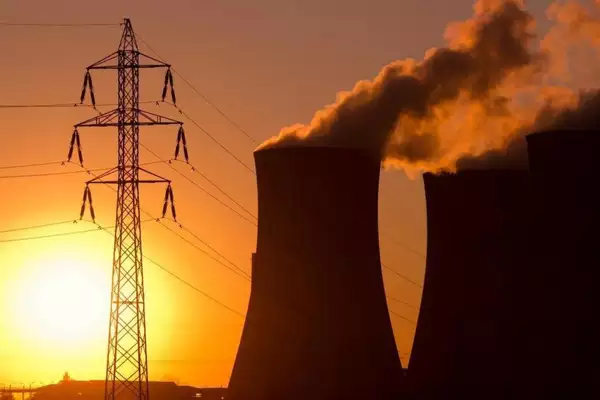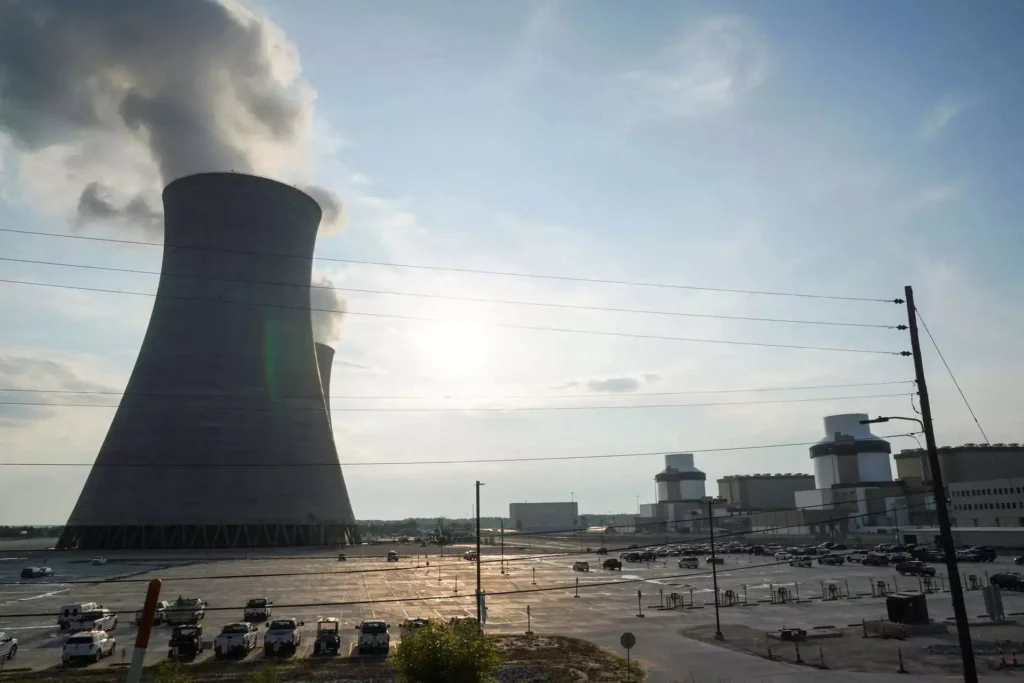India’s second indigenous 700 MW nuclear power reactor at Kakrapar Atomic Power Station (KAPS-4) in Gujarat commenced full-capacity operations.
About KAPS-4 Reactor:
- Type: Pressurized Heavy Water Reactor (PHWR).
- Fuel: Utilizes natural uranium.
- Moderator: Heavy water.
- First Criticality: December 2023.
- Commercial Operations: Initiated on March 31, 2024.
Importance of KAPS-4:
- Capacity: The reactor operates at 700 MWe, enhancing thermal margins.
- Thermal Margin: Represents the safety gap between the operating temperature and the maximum safe temperature.
- Future Developments: 14 additional reactors of this type are anticipated to be operational by 2031-32.
Safety Features
- Thin-Walled Pressure Tubes: Designed to minimize the impact in case of accidental rupture.
- Passive Decay Heat Removal System: Ensures safe heat dissipation without operator intervention, reducing the risk of incidents similar to Fukushima in 2011.
- Containment Systems: Includes steel-lined containment and spray systems to limit leakage and manage pressure during accidents.
India’s Nuclear Power Progress
- NPCIL operates 24 reactors with a combined capacity of 8180 MW.
- Under Construction: Eight additional units, totalling 6800 MW, are under development.
- Future Capacity: Plans include ten more reactors with a combined capacity of 7000 MW in the pre-project phase.
- 2031-32 Target: India aims to expand its nuclear power capacity to 22480 MW by 2031-32.
Ref: Source
| UPSC IAS Preparation Resources | |
| Current Affairs Analysis | Topperspedia |
| GS Shots | Simply Explained |
| Daily Flash Cards | Daily Quiz |
Frequently Asked Question:
What is KAPS-4 at the Kakrapar Atomic Power Station?
KAPS-4 is a 700 MW Pressurized Heavy Water Reactor (PHWR) in Gujarat, India.
What fuel does the KAPS-4 reactor use?
The KAPS-4 reactor utilizes natural uranium as fuel.



